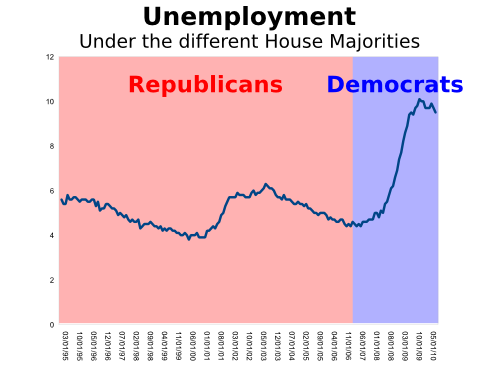When Jesus gave the command to not store up on earth, could he have meant we are not to store up on earth?
This question has resulted in a strong backlash and plenty of insults. I thought asking the question of Western Christians might be like kicking a hornets nest, and that suspicion proved true. Today I was told that I was forcing the idea of saving for the future on this text where Jesus speaks of saving for the future. I was called a socialist for suggesting we obey the biblical commands to take care of one’s elderly family members who can no longer work.
How I have reacted (and now see others reacting) to this text, reminds me of my children. Sometimes my kids pretend they don’t hear me. If they can pretend they didn’t hear or didn’t understand what I told them to do, they have justification, in their little minds, for doing whatever they are doing. We adults do the same thing with scripture. The Bible is crystal clear on some points and vague on others. Sometimes we get those mixed up because it’s more comfortable to be, for example, secure in an age of accountability, and unsure of whether our gossip is really a big problem.
I wonder if it’s worth backing off a bit and thinking about how strong our dedication to Christ is. We know that God is perfectly loving and perfectly just. Within that, God has commanded people to do all sorts of crazy things. Would you dare obey his commands, whatever they are?
If Jesus commanded you not to save for self-sufficient retirement, but to give away the excess he entrusts to you, would you dare obey?
When the reader responds with “Jesus will never ask me that, so I refuse to answer the question!” the reader is just avoid answering the question because he knows he has the wrong answer. The reader doesn’t trust Jesus enough to even hypothetically obey a command like this. The fear and insecurity we feel drives how we approach the biblical text. Before we open the Bible, we’ve put up limits to say “This far, God, and no farther!” We are willing to obey Jesus to a certain point of discomfort, but this is asking too much!
Only those who can answer the above question affirmatively, with or without trembling, are able to approach the text and consider what it has to say.
I plan to write out some more thoughts as I work through this and other related passages, but if the reader can’t answer even hypothetically obey Jesus, I don’t think it will make much sense – it’s simply outside of the reader’s modified version of Christianity.




